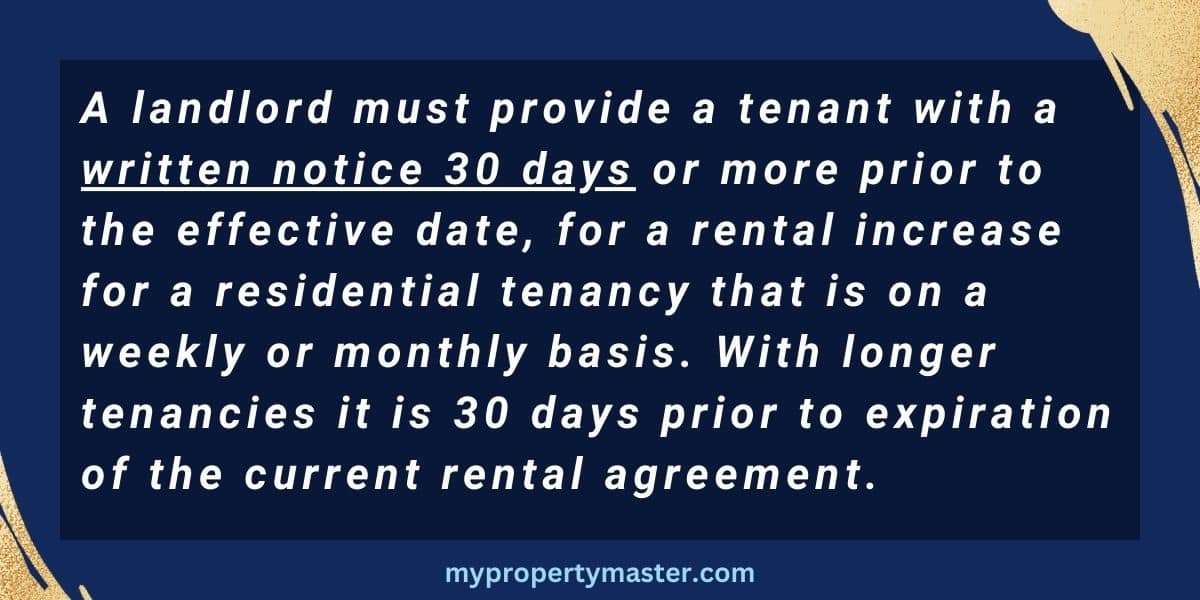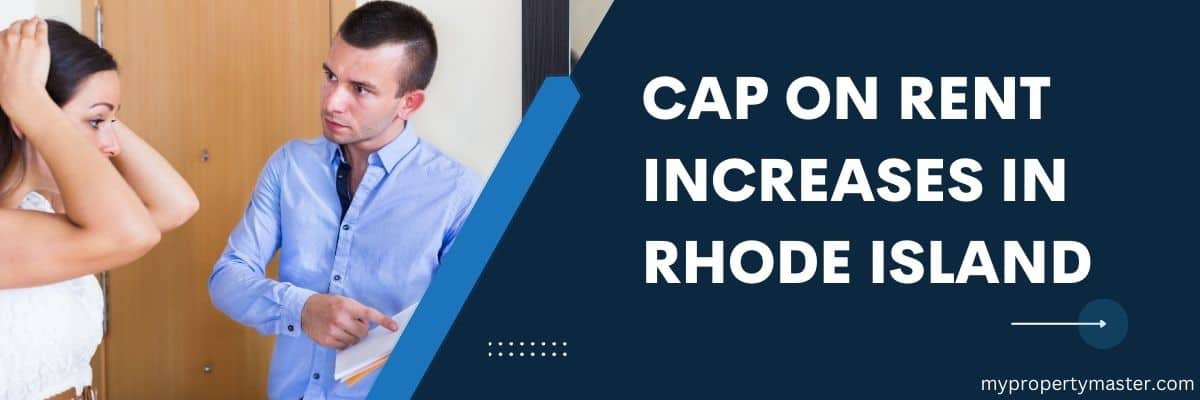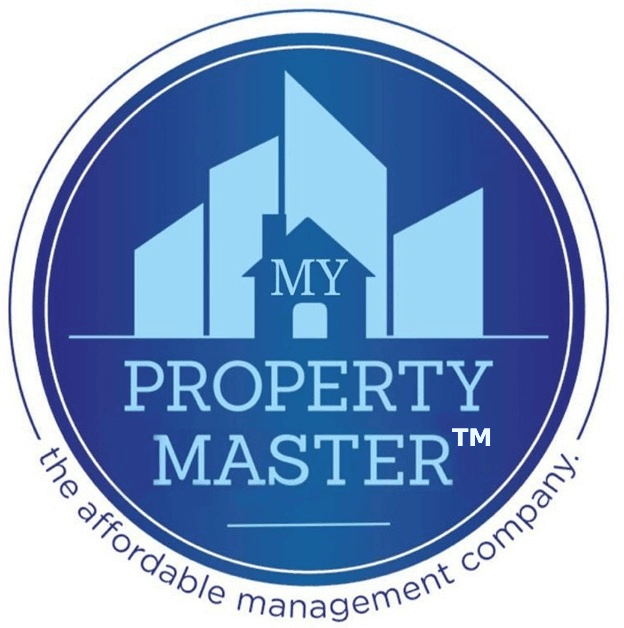Many states in the US have their own laws and regulations for rent increases. However, the Rhode Island Government does not have a statewide rent control law that can specify the amount. But there is a caveat. As a landlord, you can’t raise the rent whenever or whatever you like.
In this article, I will explain the proper way to raise the rent. This is very specific to Rhode Island and its cities. However, you can use this exact concept for other states throughout the USA. However, you need to pay attention and look for local laws if your property is somewhere else other than Rhode Island.
How to raise your tenant’s rent in Rhode Island
Individual cities and municipalities within Rhode Island may have their own rent control policies. I researched to find local laws in the following cities:
| Barrington | Exeter | New Shoreham | Smithfield |
| Bristol | Foster | Newport | South Kingstown |
| Burrillville | Glocester | North Kingstown | Tiverton |
| Central Falls | Hopkinton | North Providence | Warren |
| Charlestown | Jamestown | North Smithfield | Warwick |
| Coventry | Johnston | Pawtucket | West Greenwich |
| Cranston | Lincoln | Portsmouth | West Warwick |
| Cumberland | Little Compton | Providence | Westerly |
| East Greenwich | Middletown | Richmond | Woonsocket |
| East Providence | Narragansett | Scituate |
However, I did not find anything directly related to the rent increase. But I found different durations regarding the notice.
According to “The Rhode Island Landlord-Tenant Handbook“, if a person rents a house and the owner wants to charge more money for the rent, the owner/landlord has to tell the tenant at least 30 days before the new rent starts. This should be a written notice. This is especially applicable if the rent is paid every week or month.

You can check more details in the handbook (PDF) that I linked above.
Notice to raise the rent
There is a lease agreement between the tenant & the landlord. Every agreement has specifications about the monthly rent during a certain period e.g. 1 or 2 years. During this contract period, you can’t raise the rent. But you can increase the rent after the contract expires.
When the time is appropriate, you can write and send a notice to your tenants.

If you need inspiration to write the notice, you can download a sample from the link below and make the necessary edits.
Download Sample NoticeThe above downloadable sample is in PDF format but you can copy the text and paste it into a Word document to make edits.
If you have any questions, you can use the Government website: https://www.ri.gov and search for anything. Also, you can seek legal advice if you need it and consult with a property management professional.
Is there a cap on rent increases in Rhode Island?

As I mentioned earlier, there are no exact laws in Rhode Island to increase the rent. So the landlords can raise the rent to anything they like. However, as a landlord, you should increase the rent to a reasonable price and make it aligned with the current market rate.
The increased price should also reflect the additional benefits and other logical factors. To learn more about these, see why landlords raise rent. This will give you some clear hints.
Frequently asked questions

There is no regulations that specifies late fee. It depends on the contract or lease agreement between the tenant & landlords. So it’s important for both parties to review the lease agreement carefully.
An ideal contract should include the provision for late fees, fine amount, grace period & when it is triggered. Typically the grace period ends in 15 days and then the late fees will be triggered. However, in many cases, this grace period can be lower than that.
A landlord can charge 5% to 10% of the monthly rent.
Typically 2/3 months after not paying rent. However, it also depends on the landlord whether he wants to go through the process or not. Also, a lease agreement includes when a landlord can send a notice, go to court, and start the eviction process.
After filing & attending to the trial, it normally takes anything between 5 to 30 days. Before going through the process, a landlord must have to send a written notice to the tenant.
No, there is no specification about rent control in Rhode Island. It mainly depends on the lease agreement.
Not only in Rhode Island but also throughout the US, landlords can not raise the rent before the existing lease agreement ends.
Wrap up
Rising the rent is not pleasant both for tenants & landlords. Due to maintenance costs, adding new features to the property, taxes, increased living costs, etc. there are no ways for landlords other than increasing the rent. However, there are professional ways to do it which I discussed in this article. For more information, see why landlords raise rent.
Landlords can’t raise rent during the lease agreement. Also, they need to discuss & agree with the tenants before making a final decision.






